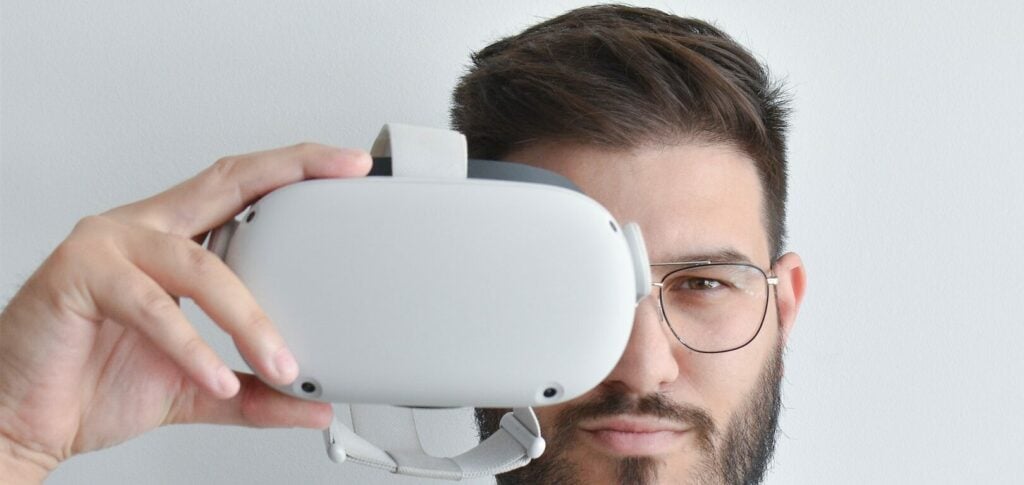In Brazil, 59% of respondents say that accessibility is one of the main advantages of virtual meetings, compared to 50% in Colombia. In Mexico, the main reason for 46% of participants wanting to work in metaverse is the reduced number of distractions or opportunities for side conversations.
ADVERTISING

Overall, more than half of survey participants in Latin America believe it is easier to collaborate on virtual platforms than in person.
81% of respondents can visualize incorporating virtual reality tools into their work environments, such as AR and VR glasses.
Nnine out of ten Interviewees believe that virtual reality would be a suitable means for conducting formal work meetings, such as with the HR area. The result was similar in countries such as Mexico and Colombia, with 92% and 91%, respectively.
ADVERTISING
- What is metaverse? (Curto news)
What do Brazilians want from the metaverse?
When questionConsidering what type of activity they would use the virtual platform for, 69% of Brazilians interviewed responded that they would use the virtual platform environment. Web3.0 for online games – the highest percentage among all respondents globally. Next came shopping (62%), work (60%) and studies/education (53%).
Can you read emotions in the virtual world?
When they are questionated about the negative points of virtual coexistence, 29% of Brazilians fear not being able to read personal emotions. In Colombia and Mexico, this concern was cited, respectively, by 41% and 42% of respondents.
When it comes to creating an identity in the virtual world, 54% of Brazilian professionals would choose an avatar that reflected their real-world self, 20% would choose an idealized version and 13% would assume a different image, depending on the environment and the objective of the meeting.
ADVERTISING
Also in Brazil, 27% stated that the use of virtual collaboration tools hinders concentration and 25% mentioned that they feel isolated.
“Brazilians are interested in using more immersive virtual platforms for games, purchases and business collaborations”, explains Fernando Capella, Country Manager at Ciena in Brazil. “This represents a significant opportunity for service providers to ensure their networks are prepared for this disruptive moment by implementing the latest technologies to deliver the ultra-low latency and high bandwidth essential for these new virtual platforms.”
Brazilians are also concerned about network reliability (42%) and believe that the workplace does not know how to implement the technology (40%).
ADVERTISING
Even so, about a third of those interviewed in Brazil agree that we next two years their workplaces will move from the traditional/static collaboration environment to a more immersive or virtual reality-based environment.
Source: AFP




